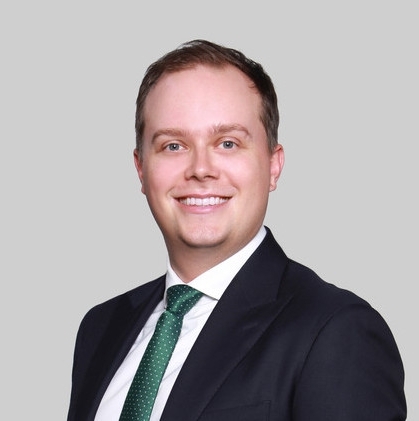Wealth Solutions & Wealth Planning
The Sovereign Group shares insights on the Singapore Variable Capital Company
Sovereign has shared in an article, written by Max Ezerins, a Legal Consultant for the firm, that it is currently advising two clients on potential Variable Capital Company (VCC) launches in either late Q1 or early Q2 2020.
Sovereign notes that the firm can not only incorporate the VCC and necessary corporate secretarial support to the VCC, but can also provide start-to-finish guidance on VCC setup and management to clients. This includes identifying and introducing clients to suitable professional intermediaries and assisting clients with these engagements, as written in the piece.
Whilst Singapore has long been a location of choice for fund managers to physically base themselves, jurisdictions like Cayman Islands have traditionally been used to house the fund structure itself, according to Sovereign. This is largely due to the Cayman Islands having a flexible fund regime with little restrictions, as well as a quick and straightforward fund registration process, leading to lower overall setup and administration costs. As a result, it has long been the case for Singaporean fund managers, to manage assets for Asia-based investors, in Cayman Island fund structures.
Singapore VCC’s structure, launched in Q1 2020, is a new structure specifically designed to compete with the investment fund structures traditionally found in Cayman Islands, Dublin and Luxembourg.
A VCC can be used for traditional and alternative open-ended and close-ended fund strategies. Open-ended funds are structured so that investors can invest and redeem their investment units or shares in the fund at any time, usually seen in hedge funds. Close-ended funds are structured with a fixed number of shares and an investor’s ability to redeem their investments is restricted during the life of the fund, usually seen in private equity funds.
One of the VCC’s key features is that it can be set up as a stand-alone single fund or as an umbrella entity with multiple sub-funds which may have different investment objectives, investors and assets and liabilities. Traditional fund structures are often hindered in diversification as they are constrained with one discrete investment objective.
Tax-free incentives available in Singapore under sections 13R and 13X of the Income Tax Act will be extended to VCCs. These incentives provide that specified income derived by a prescribed person from a fund managed in Singapore is exempt from tax, provided the income is derived from designated investments.
The Monetary Authority of Singapore (MAS) has launched a VCC grant scheme to co-fund qualifying exemptions paid to Singapore-based service providers for work done in Singapore, in relation to the incorporation or registration of a VCC.
Up to 70% of qualifying expenses, such as tax, legal and administrative services, will be co-funded by the Financial Sector Development Fund established by MAS (capped at SNG150,000). As a result, during the duration of the grant, it will be considerably cheaper to setup a VCC in Singapore, than a traditional Cayman Island fund. We expect the grant alone will attract fund managers that have already set up investment funds overseas (for example, in Cayman) to re-domicile these investments funds to Singapore as VCCs.
n the wake of global reporting standards such as CRS, and substance requirements in traditional offshore jurisdictions such as BVI and Cayman, there has been a shift to ‘on-shore’ structures to places like Singapore. The VCC provides another reason why, in the long-run, Singapore should be the first pick to house any corporate structure. Furthermore, the grant evidences Singapore’s commitment to growing its fund domiciliation capabilities and catalyse early adoption of VCCs, ensuring that fund managers consider the VCC alongside traditionally used fund structures.

Legal Counsel at The Sovereign Group

More from Max Ezerins, The Sovereign Group
Wealth Solutions & Wealth Planning
The Sovereign Group shares insights on the Singapore Variable Capital Company
Latest News

